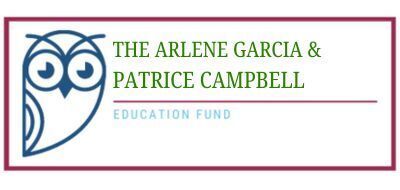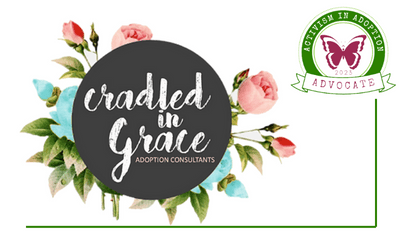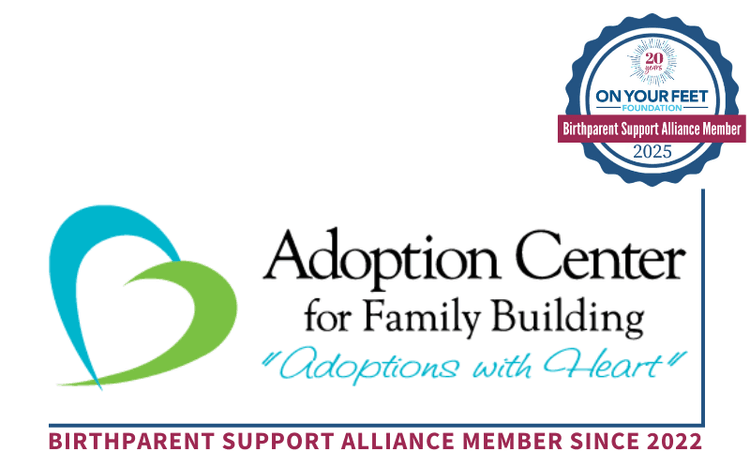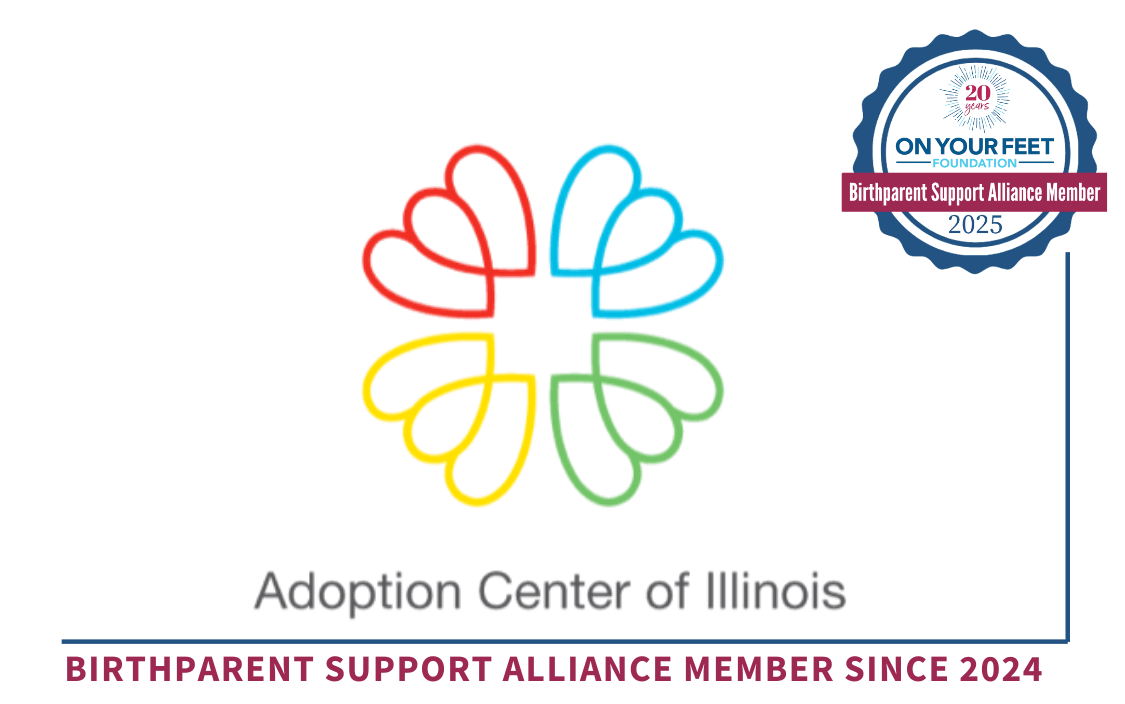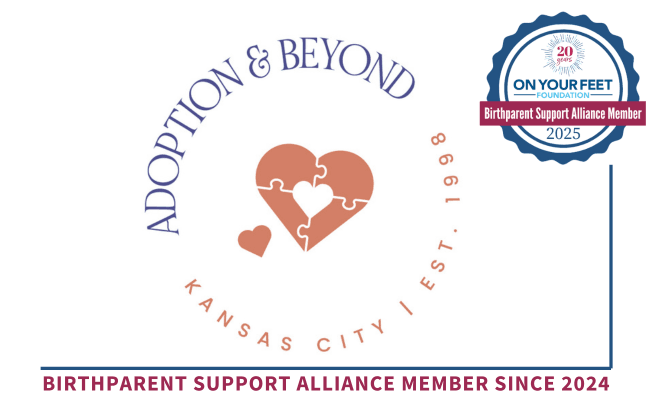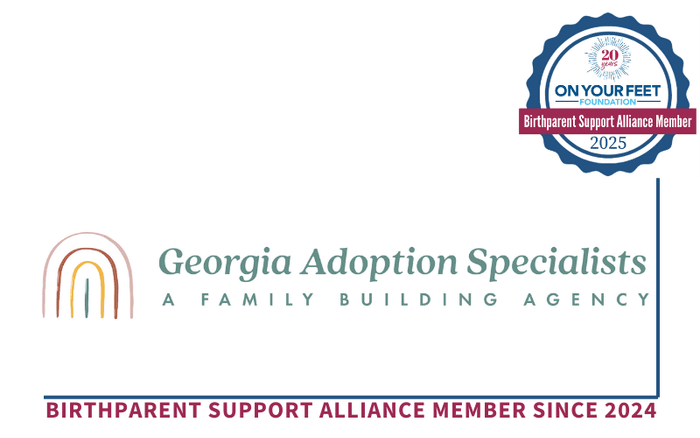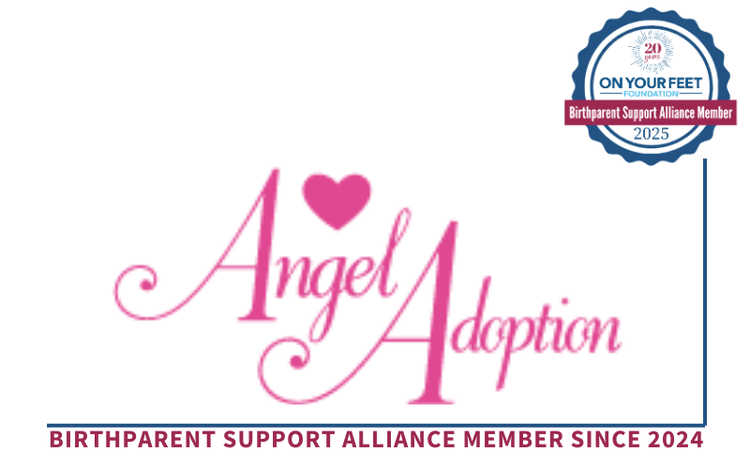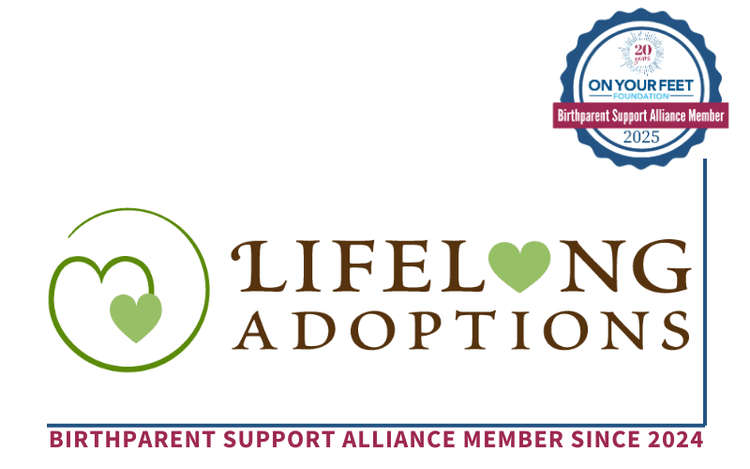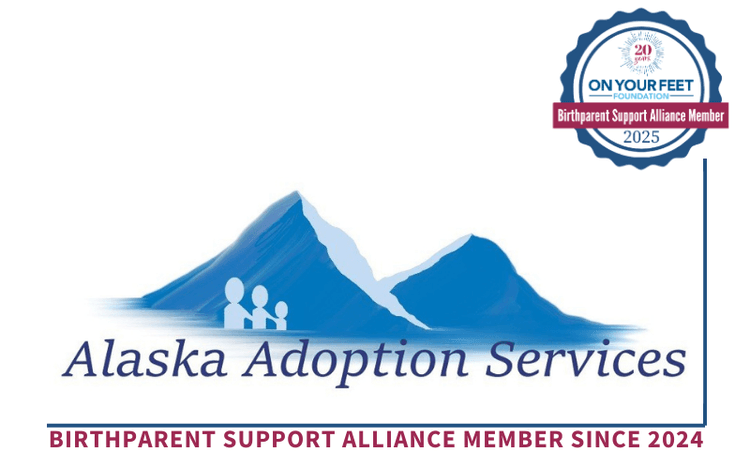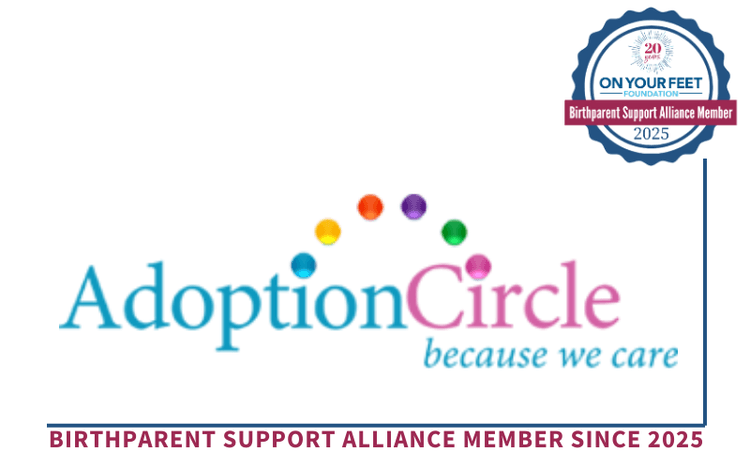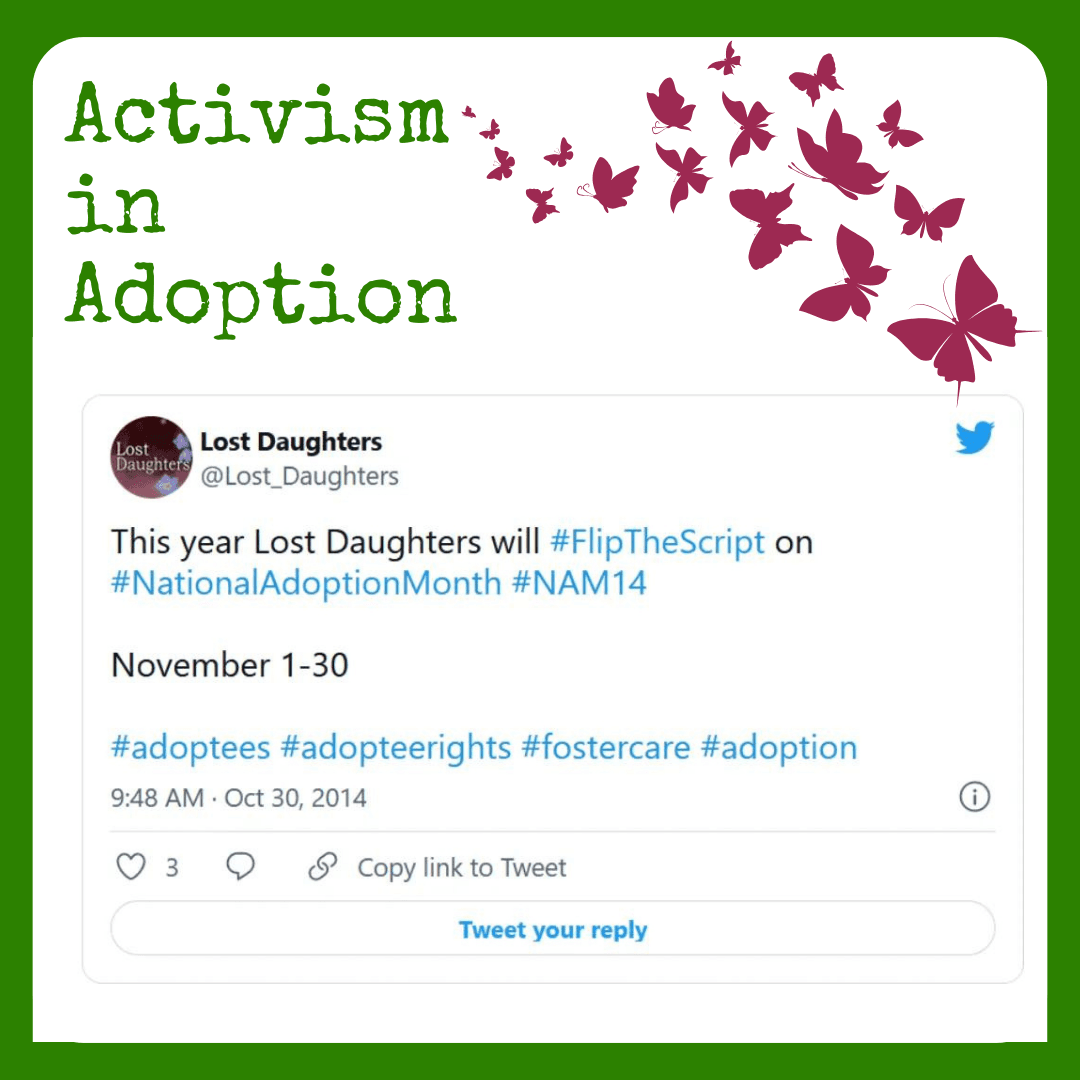
November is National Adoption Awareness Month (NAAM), and often social media creators in the adoption constellation will tag their November posts as #NAAM, or #NAAM23, as a way of sharing their perspectives on adoption. But how did we get here?
It all started in 1976, in Massachusetts, with then governor Mike Dukakis, who initiated Adoption Week as an opportunity to promote awareness of the need for adoptive families for children in the foster care system. As his idea spread, President Gerald Ford made the first Adoption Week Proclamation, and in 1984, President Ronald Reagan, an adoptive father himself, announced the creation of a National Adoption Week, to fall in the week prior to Thanksgiving. In his proclamation, he recognized not only children within the foster care system, but also those born from crisis pregnancies, whose mothers he described as being brave and selfless in their decision to choose adoption. He also advocated for the adoption of special-needs children, both domestically and internationally, something that at that time was not often publicly acknowledged or encouraged.
Seeing so many states embrace Adoption Week, President Bill Clinton expanded the week to encompass the entire month of November, still emphasizing foster care and special needs adoption, but also the initiatives his government created to break down barriers to transracial adoption. In 1998 he championed the use of the internet to help find homes for kids in foster care, which created the still-pervasive idea that foster care is more focused on adoption than it is on reunification and support of first families. In 2008, President George W. Bush was the first president to issue a proclamation about National Adoption Month in Spanish.
Missing in these historical celebrations of adoption were the voices of birthparents and adoptees, along with anything that suggested that adoption is not the absolute best option for children. Throughout the month, it was always the voices of adoptive parents, politicians, and adoption professionals creating the public narrative of what adoption is, and what it means, and the power of those voices, no matter how well-intentioned the speakers may be, silenced birthparent and adoptee voices, by talking over them and not allowing them to speak their truths about adoption, in their own words. Calling birthparents brave and selfless, as President Reagan did, pushes them into a very narrow definition of heroism that doesn't leave space for them to define their own experiences, or express the wide range of emotions they may hold regarding adoption. It is the brave and selfless trope that trap so many birthparents into a place of disenfranchised grief, because it does not hold space for them to process the trauma of losing a child to adoption.
Recognizing how problematic it was that adoption narratives were not being told by those most affected by adoption, Rosita González of Lost Daughters created the #flipthescript movement on Twitter in November of 2014, giving adoptees a voice that wasn’t being heard during National Adoption Month, and providing them a platform on which to speak. And speak up they did, using the hashtag more than 18,000 times that month. Today, that hashtag has grown into the title of an anthology, Flip The Script, Adult Adoptee Anthology, a dynamic, artistic exploration of adoptee expression and experience.
The #flipthescript movement opened the floodgates for both adoptees and birthparents, many of whom felt silenced by National Adoption Week; erased in stories that celebrated adoption and adoptive parents but did not acknowledge any of adoption's harder truths. For the first time, people were using National Adoption Awareness Month to share information, academic research, and statistics that had previously not been discussed openly. Adoption trauma is a real thing: a third of adolescents referred for psychotherapy are adopted, something that was never previously acknowledged during National Adoption Awareness Month until the script was flipped. The work of Sue Wells, a birthmother and researcher, also became part of the early #NAAM discussions, especially her finding that 79% of birthmothers surveyed indicated that depression and anxiety, as well as difficulties with relationships and trust, were part of the prolonged and profound consequences of placement.
It is the addition of the voices of adoptees and birthparents that has helped redefine what we now refer to as National Adoption Awareness Week, becoming a social media movement that provides a platform for voices traditionally marginalized in the adoption landscape. Storytelling is the cornerstone of both community and advocacy, and following these hashtags online gives everyone in the adoption constellation both the opportunity to tell their own story, and the chance to find others with similar stories. When we say we recognize National Adoption Awareness Month, perhaps what we are really recognizing is the strength and community we find, every time someone shares their story using one of those hashtags, and the generosity of spirit and kindness within that community.


